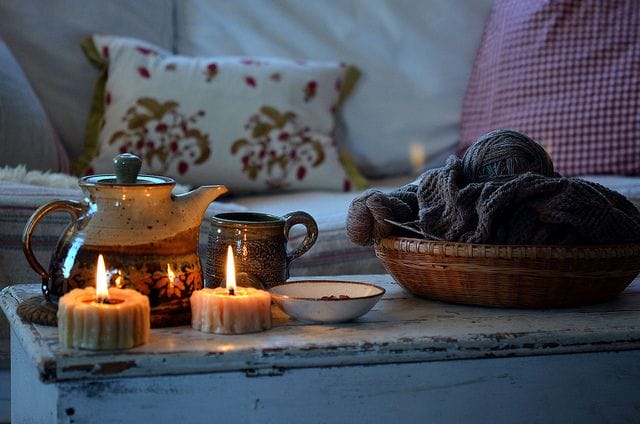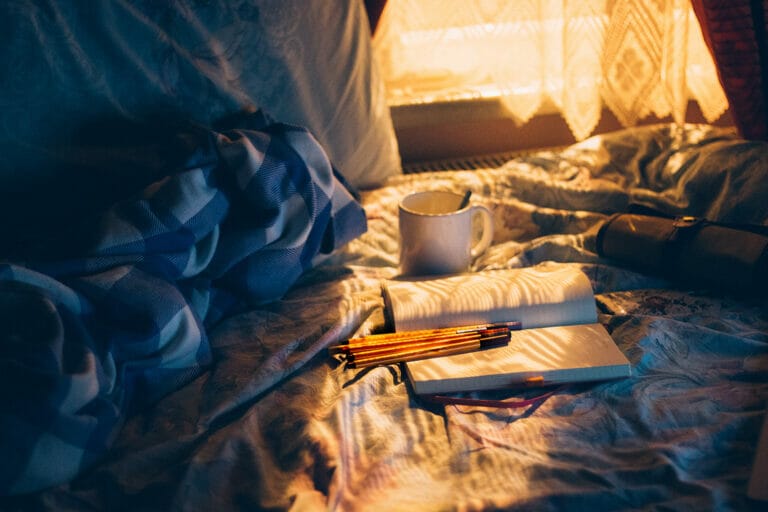
Lysis – audio-visual documentary
Lysis is an audio-visual documentary that will be performed in Dublin, Louth and Kildare during First Fortnight Europe. It is based on the writings of people living with mental health issues and was originally performed as part of the Drogheda Arts Festival in May 2018. We spoke to Declan Mallon, the facilitator and director of Lysis to find out more about the project.
Lysis is an audio-visual documentary that will be performed in Dublin, Louth and Kildare during First Fortnight Europe. It is based on the writings of people living with mental health issues and was originally performed as part of the Drogheda Arts Festival in May 2018.
We spoke to Declan Mallon, the facilitator and director of Lysis to find out more about the project.
What inspired you to create Lysis?
Lysis is a companion piece to an earlier work created with Louise Lowe and some of the ANU team. It started when I began to talk with the community in Ardee looking to create something locally with them.
In this part of the country, Ardee is synonymous with St. Brigid’s Psychiatric Hospital. No one goes to St. Brigid’s: people go to Ardee. However, I learned how dominant St. Brigid’s had been in the history. It was the main employer in the village and one of the reasons why Ardee developed at all.
These general conversations gradually focussed on a number of, mostly retired, attendants and nurses who spoke about their experiences of working in care. Some of the reminiscences go back to the 1950’s so we ended up with a potted history of the hospital. We used community performers and some of the retirees to read/perform the scripts.
No one was interested in staging the work so we created an installation based around the performed script of edited testimonies. The result was ‘The Bell Room’ where Carl Kennedy designed and edited the sound. We built a room within a room in Ardee Library and performed every day on the half hour. An audience of one entered the room (with tea and toast) and found themselves in a mock hospital room. They were invited to investigate the room or sit in the armchair or lie on the bed while listening. We presented the work at Drogheda Arts Festival and in Dundalk, in the Marshes Shopping Centre.
Lysis came about because as part of our public presentations we asked people to review what they’ve seen as they go out. One of the remarks commended the work but asked where were the voices of the patients; I had intended to integrate stories of people who live with mental health issues but it didn’t materialise.
So, we set about redressing the balance and working with the local branch of Shine and brought together a group of five to work alongside us in developing a response to the remark.
The group of five collaborators wished to remain anonymous which is why their names or certain identifying references in the script have been altered. Their participation included testimony, editing and responded to artists interpretation of their testimonies all of which was channeled through me as the process facilitator. No one else met with the group so it was a very different way of working for us too.
Have any venues had any concerns about promoting it?
No. At the beginning with ‘The Bell Room’, no one understood what we meant, particularly because of the way we presented the work (audio installation for one). So there was a lot of curiosity, especially in Ardee, where we literally walked around the village telling people to come to it. It sold out. The performance was free of charge for Ardee because it was so intimate to the place we wanted people to share it.
Lysis had been programmed earlier in 2018 as part of the Drogheda Arts Festival. It was difficult to know how to pitch it to the general public but we managed to sell out. It has a capacity for five audience members at a time and we did six presentations a day.
Did you have any hesitations about it?
I did. I had reservations about asking people to revisit their trauma by sharing their testimony. It seemed at times voyeuristic, but I sought a lot of advice from friends who had experienced ill mental health, from psychiatrists, counsellors and therapists.
I also did a lot of research and one of the main pieces was ‘Hearing Voices, a history of Psychiatry in Ireland’ by Brendan Kelly. There was also a British publication called The Voices Within: The History and Science of How We Talk to Ourselves by Charles Fernyhough.
Another discovery during research was Eleanor Longden, who is leading research in Britain. Eleanor lives with voices and it seems apt that she leads research into the subject. It was, all in all, a massive education for me.
I learned a lot about the current international discussion on mental health and how diverse the responses are becoming in search of a new understanding. I should also add that arts participatory practice usually entails a collective journey through the process of creating the work. I think I was the one who went on the biggest journey of all within the group. The five collaborators taught me a lot.
What role do you think theatre has in bringing awareness to mental health?
As part of our process we looked at how cinema had dealt with the topic of mental health and aside from some exceptions it hasn’t a good reputation. The preference has seemed to be to use the issue of mental health as a violent, pathological, and dangerous entity in the stories. While that exists, it just seems to have become the default, lazy portrayal. More worryingly it also becomes the stereotypical ‘loon’ image that sticks in popular consciousness with little regard for the complex reality. Having said, that the group unanimously agreed that ‘One Flew Over the Cuckoo’s Nest’ was strongly representative of their early experience in institutions.
I was very happy when one, it has to be said initially skeptical, member of the team gave ‘Lysis’ the thumbs up and felt that it would prove an engaging experience for audiences. We worked to remove any melodrama from our piece and sought to develop an authentic voice or voices that are akin to storytelling and as close as we could get to a familiar storyteller. We hope the effect is like sitting in a room with five storytellers. The space we have created for it with designers Kieran McNulty, John McGovern and videographer, Kilian Waters and Dan Keane takes you out of the real world in one way but the stories remain very much earthed in the real.
tickets available www.firstfortnight.ie/events/lysis
First Fortnight Europe challenges stigma around mental health through art and cultural action, with well over 150 events; performances by approx 140 artists in 22 counties across Ireland.




